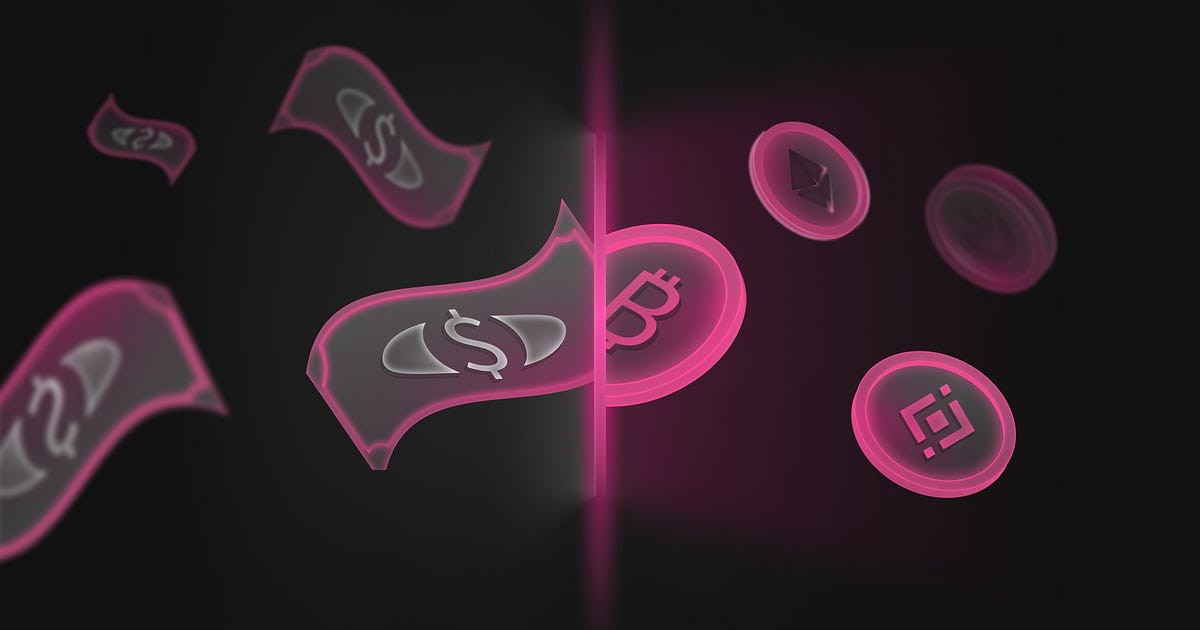The Rise of Digital Wallets: Embracing a Cashless Future

The world is rapidly transitioning towards a cashless future, with digital wallets at the forefront of this evolution. In countries like Sweden, cash transactions are becoming nearly obsolete, and globally, digital wallets facilitated an impressive $13.9 trillion in transactions in 2023. Experts predict that by 2027, almost half of all payments worldwide will be made using digital wallets. This shift is not merely a trend; it signifies a fundamental change in how we perceive money and conduct transactions, with smartphones increasingly serving as our primary payment method.
The modern wallet has transformed from a physical leather bifold to a digital app on our smartphones, housing everything from credit cards to cryptocurrencies. The convenience of digital wallets is a significant draw, allowing users to complete transactions with a simple tap, split bills effortlessly, and enjoy frictionless online shopping experiences. Additionally, digital wallets provide enhanced security through advanced encryption and biometric authentication, making them a safer alternative to carrying cash. Users also benefit from features like expense tracking and budgeting tools, which can greatly aid personal finance management.
Despite the advantages, the transition to a cashless society presents challenges, including concerns about privacy and the digital divide. As digital transactions become more prevalent, there is a risk of marginalizing individuals without access to technology. To address these issues, digital wallet providers are implementing stricter data protection measures and developing simplified systems for those less familiar with technology. The future of payments is undoubtedly digital, with innovations such as biometric payments and cryptocurrencies poised to further reshape our financial landscape. As we embrace this cashless world, the benefits of convenience, security, and financial management are clear, signaling a significant shift in our interaction with money.
Related News





